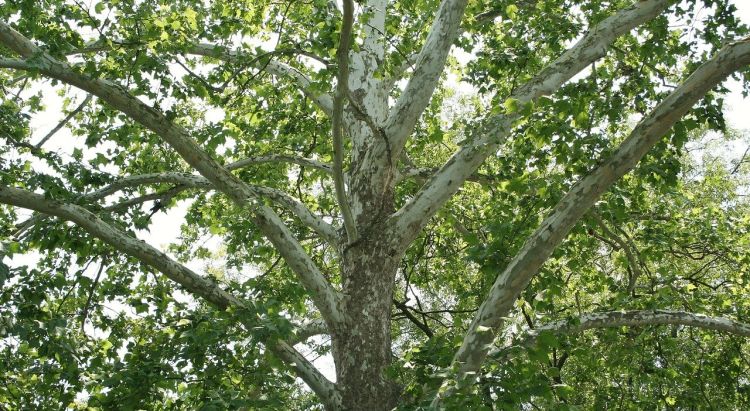
I teach college students, so I know the excitement that mid-August can bring. A new school year is full of possibilities.
My excitement this year is mixed with sadness. My wife and I dropped off our oldest daughter at college this week. She’s not studying on a different continent, but she’s not right around the corner. We’re going to miss her.
Those who know me best know I’ve been anticipating this event with something less than pure joy. (For almost a year I’ve been telling people that I was feeling pre-sad.) But some good friends have recently helped me remember who God is and what this transition represents.
The God of Time
We may not often phrase it this way, but time was one of the things God created and pronounced good. We affirm that God exists outside of time, but he spoke time into being on the first day of creation; we see this in the existence of evening and morning (Gen 1:5).
Time, therefore, was among the “everything” that God saw and pronounced “very good” at the end of creation’s sixth day (Gen 1:31).
So God has created time and rules over it. The days and months and seasons are under his control. And we should also affirm that the fact we have periods of our lives is good. This is the way God has designed our world to work: the earth spins and orbits, the clock hands rotate, and time passes.
The Nature of Seasons
The essence of a season or period of time is that it has a beginning and end. These starting and ending points may not be predictable, but they exist for us as finite beings.
So often we want to hold onto the past and resist the change that time brings. At its core, this is a subtle way of cutting against the grain of creation, of whispering that God may not be governing all things very well.
God wants thanksgiving and remembrance from us. Many of the festivals and worship occasions for believers throughout the ages celebrated what God has done. But rejoicing in what has past is not the same as grumbling that we no longer live there. We remember what has been done so we can live faithfully into the future.
Mourning is Real
The cry of David in Psalm 13:1 is “How long, O Lord? Will you forget me forever?” And this is the familiar plea of those who lament. Their circumstances are difficult, maybe nearly intolerable, whether because of illness, sorrow, or persecution. The deliverance they seek is an end to their situation—in essence, they want God to intervene by speeding time up.
I’ve found myself wanting the opposite this summer, essentially praying, How short, O Lord? How short and fleeting are these days with my dear daughter? How will we manage as a family with such a glaring absence? Could you, perhaps, slow time down just a bit?
Not Bad, Just Different
My family is entering a new reality, and some of the sadness I’ve been feeling is mourning the end of a season. No longer will both of my children be at home, available for a conversation just by walking down the hall.
There have been some seasons of parenting that could not pass quickly enough. My wife and I were quite glad when each of our children reached the age of 2. Other seasons (like the one that just ended) are much sweeter, seasons we’re not eager to leave.
But God is good and he governs time well. He goes with his people, including my oldest daughter. God cares for her more than I do, and he will be faithful to her. Though I’m feeling blue this week, I’m learning that turning the page on a season doesn’t make the present worse—it’s just different.
We’re finite creatures made by an infinite God with a longing to be with him. For those in Christ, we will realize this desire one day. Until then, we live as those in time, with all of the accompanying joys and sorrows.
And, this week, some of us will learn how to cheer on new college students from hundreds of miles away.


